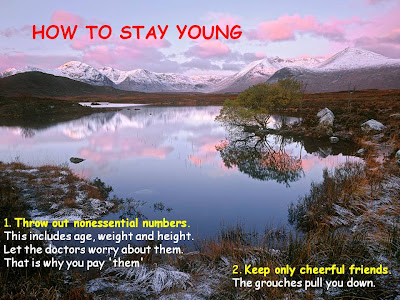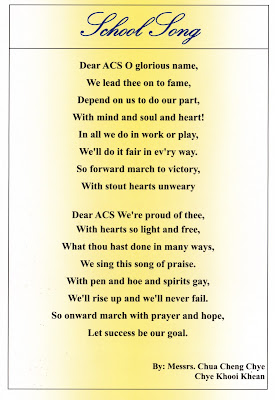Children 'need 100 key words' to read
• Katherine Demopoulos guardian.co.uk, Friday 9 December 2005 12.31 GMT
Children need to learn just 100 words and 61 phonic skills to read the English language - not the 150 and 108 respectively suggested by the national literacy strategy, researchers from Warwick University said today.
Their study, seeking a theoretical basis for teaching reading, found that words beyond the key 100 are used so rarely that the benefits of learning them are minimal. The research is currently being submitted for publication.
Researcher Jonathan Solity said: "The English language looks highly irregular, but a significant part is regular, so can be learnt through core skills - you learn the optimal number of sight skills and phonic skills.
"If you have too many, some of them are redundant because they don't crop up with any great frequency or you may become very confused.
"The implication is that if you teach these core skills, children can read a lot very quickly. The skills crop up as often in real books as they do in the structured reading schemes. If you teach more, it's the law of rapidly diminishing returns."
Together with co-researcher Janet Vousden, Dr Solity analysed 850,000 words in a database of adult fiction and nonfiction, and compared children's reading schemes with "real" children's books.
His core 100 words formed 53% of the 850,000-word database, but he said one commonly used reading scheme only accounted for 43% of the words.
"If you teach more words as has been done in the literacy strategy, you don't necessarily continue to get a good return. The next 50 words get you 2% more understanding, if you can exclude words you can read phonically."
The researchers also say that the national strategy teaches too many phonemes. The strategy teaches the "dge" sound found in "fridge", for example, but there are only 11 words containing this combination.
Dr Solity said children would be better off learning it for themselves as they encounter it.
He says his research contradicts the decision by the education secretary, Ruth Kelly, to return to phonics as the central tenet of teaching reading through reading schemes. Following the recommendations of former chief inspector Jim Rose, Ms Kelly said phonics would be the "first and fast" way to learn.
But Dr Solity believes the reading schemes are not the best way to learn. He says 25% of children never get off a reading scheme and never get to choose the book they want. They would be more enthusiastic about reading if they were allowed to select what they wanted, and since the key words are better represented in "real" literature, they might learn faster.
"We're saying you can do this through real books - you don't need the reading scheme."
Commenting on the criticisms of the strategy, the DfES said: "The literacy strategy has never required any child to learn lists of words - it has given guidance and examples of best practice to teachers to help teach reading."
The crucial 100 words
• a, about, after, all, am, an, and, are, as, at, away
• back, be, because, big, but, by
• call, came, can, come, could
• did, do, down
• for, from
• get, go, got
• had, has, have, he, her, here, him, his
• in, into, is, it
• last, like, little, live, look
• made, make, me, my
• new, next, not, now
• of, off, old, on, once, one, other, our, out, over
• put
• saw, said, see, she, so, some
• take, that, the, their, them, then, there, they, this, three, time, to, today, too, two
• up, us
• very
• was, we, were, went, what, when, will, with
Source:
http://www.guardian.co.uk/education/2005/dec/09/research.highereducation?INTCMP=ILCNETTXT3487
















































